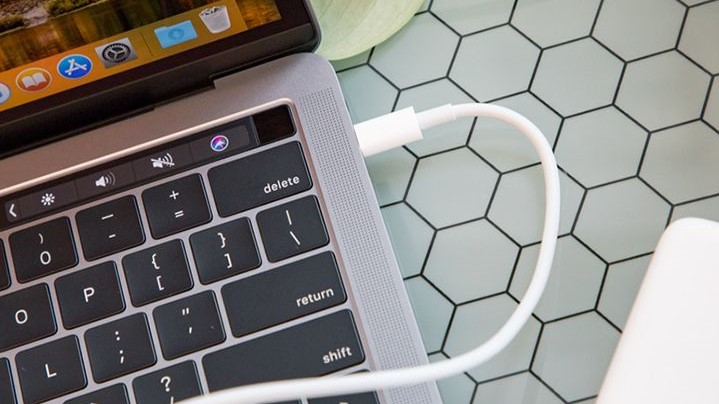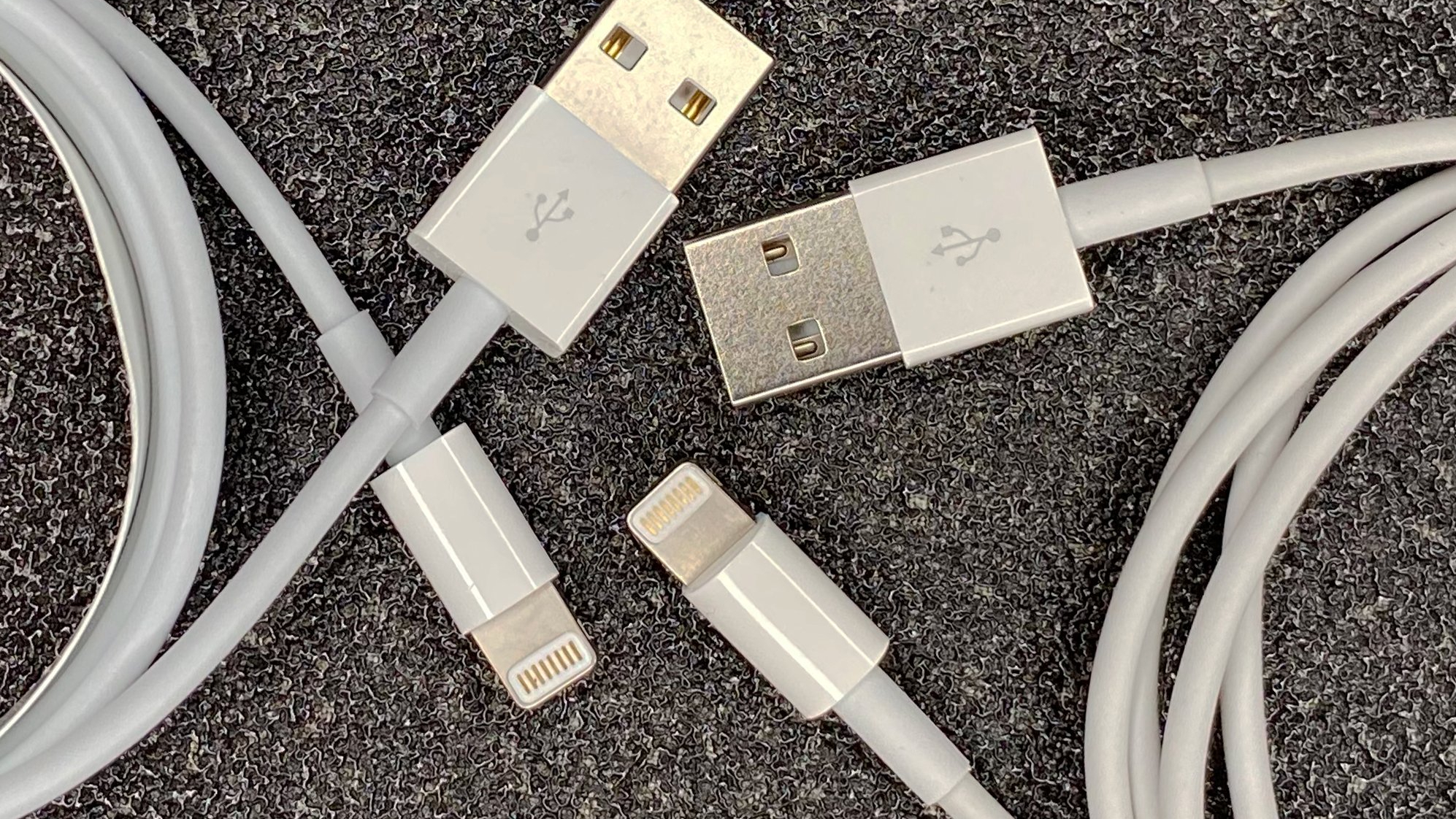Disguised Lightning cable secretly steals your passwords — a tool fit for hackers and spies
The USB-C to Lightning cable can record and send private data

Sign up to receive The Snapshot, a free special dispatch from Laptop Mag, in your inbox.
You are now subscribed
Your newsletter sign-up was successful
If James Bond needed a USB-C to Lightning cable handy to hack into a top-secret facility and steal passwords, he may opt to use an "OMG Cable" — a disguised cable that can record and send private data. It even has a "customizable self-destruct" feature.
Spotted by Motherboard, Security researcher MG has developed a series of cables that can secretly record personal information and send it to threat actors, with one being a Lightning to USB-C cable that mimics the design of an official Apple cord. That means it can be used on a Macbook, iPad and iPhone to record anything that's written on a keyboard.
- Thunderbolt 4 explained: The future of connectivity
- Best USB Type-C hubs in 2021
- Best laptop docking stations of 2021
As shown in the demonstration, the cable can record the keystrokes of an unsuspecting victim and wirelessly send private data to hackers that can reportedly be over a mile away. It does this with a hidden chip, found in the USB cable's plastic shell, that creates a Wi-Fi hotspot that hackers can remotely connect to. Using an interface on a web browser, threat actors can then record keystrokes.
Cybersecurity company Hak5 sells different versions of the invention, also known as the O.MG cable after creator MG. As stated on the site, the cable "is built for covert field-use, with features that enhance remote execution, stealth, and forensics evasion." You'll find USB-C to USB-A, Lightning to USB-A, and more, but expect to spend at least $119.99.
Attackers will also be able to hide their tracks, as the OMG Cable can even be converted into an innocuous state or be broken so it will no longer pass data. We've seen self-destruct features in spy movies, but a customizable self-destruct is something new.
What's more, it can store up to 650,000 keystrokes, meaning it can store the keystrokes taken from keyboards or from USB-C smartphones and tablets.
Earlier versions of MG's device were first seen at hacking conference DEF CON 2019, with the cable now being sold in various versions. Speaking to Motherboard, the creator stated that he wanted to prove to people that the chip used in the cable wasn't safe from the design of Type C cables.
Phishing scams may be on the rise, but those buying a new USB cable may now want to be aware of malicious cables, especially if they resemble Apple's Lightning to USB-C cord. If you are after some of the best around (and ones you can trust), check out the best USB-C accessories and cables you can get today.
Sign up to receive The Snapshot, a free special dispatch from Laptop Mag, in your inbox.

Darragh Murphy is fascinated by all things bizarre, which usually leads to assorted coverage varying from washing machines designed for AirPods to the mischievous world of cyberattacks. Whether it's connecting Scar from The Lion King to two-factor authentication or turning his love for gadgets into a fabricated rap battle from 8 Mile, he believes there’s always a quirky spin to be made. With a Master’s degree in Magazine Journalism from The University of Sheffield, along with short stints at Kerrang! and Exposed Magazine, Darragh started his career writing about the tech industry at Time Out Dubai and ShortList Dubai, covering everything from the latest iPhone models and Huawei laptops to massive Esports events in the Middle East. Now, he can be found proudly diving into gaming, gadgets, and letting readers know the joys of docking stations for Laptop Mag.

